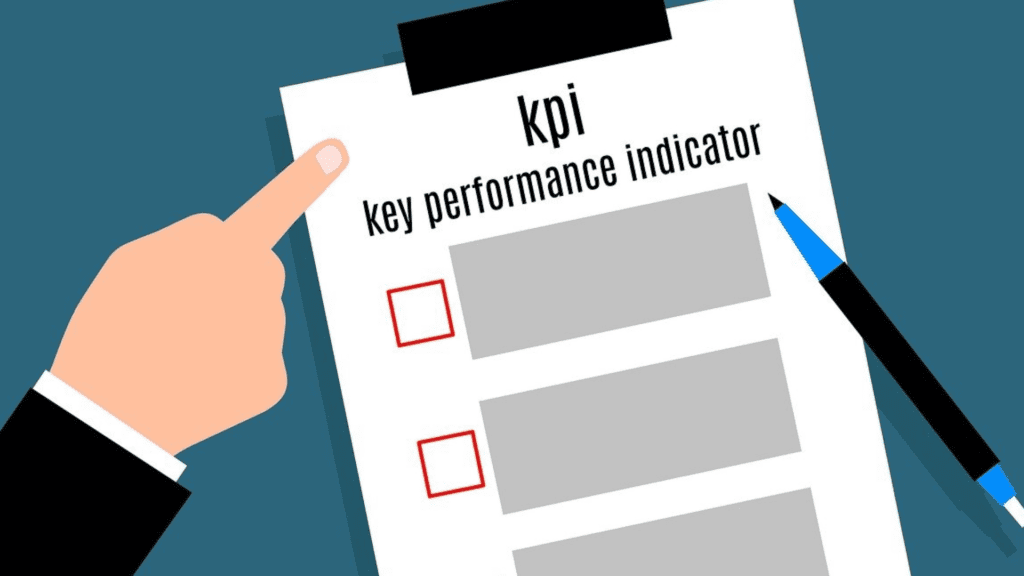Quality Business Intelligence Software
A key element of the contemporary business environment is business intelligence (BI) software, which acts as a tool to enable enterprises to fully utilise the power of data.
Fundamentally, business intelligence software is made to extract, examine, transform, and present data so that companies can make informed decisions that spur expansion and productivity.
BI software essentially converts unprocessed data into meaningful insights that are essential for operational and strategic planning.
It is impossible to overestimate the significance of BI software, particularly in light of the fact that many organisations are continuously deluged with enormous volumes of data produced by a variety of sources, such as interactions with customers, market trends, and internal operations.
With its extensive analytics and reporting features, business intelligence software aids in the management of this data flood.
Through the utilisation of these insights, enterprises can discern patterns, unearth prospects, and alleviate hazards, ultimately attaining a competitive advantage in their specific markets.
Additionally, by providing real-time data visualisation tools, predictive analytics, and customisable dashboards, BI software improves the decision-making process.
These characteristics facilitate a more intuitive comprehension of intricate data sets, facilitating stakeholders’ rapid acquisition of crucial insights.
As a result, companies can react more quickly to shifts in the market, allocate resources more effectively, and enhance overall performance.
An environment of data-driven decision-making is also promoted by the incorporation of BI software into corporate operations. Access to pertinent data by staff members at all levels promotes departmental cooperation and transparency.
Everyone, from senior executives to front-line employees, will be in sync with the organization’s strategic goals thanks to this democratisation of data.
In conclusion, business intelligence software (BI software) is a strategic asset that helps companies successfully navigate the intricacies of the contemporary marketplace, not merely a technical tool.
BI software helps businesses stay ahead of the competition, spur innovation, and make wise decisions by turning data into insightful understandings.
When selecting the appropriate Business Intelligence (BI) software for your organization, several critical factors must be considered to ensure the solution aligns with your specific business needs.
The first aspect to evaluate is the ease of use. A user-friendly interface is crucial, especially for non-technical users who will rely on self-service features to generate custom reports and analyze data independently. Tools like Tableau and Microsoft Power BI are renowned for their intuitive dashboards and drag-and-drop functionalities.
Another essential factor is scalability. As your business grows, your BI tool should be able to scale with it, accommodating increasing data volumes and more complex analytical requirements.
SAP Business Objects and IBM Cognos Analytics are known for their robust scalability, making them suitable for both small enterprises and large corporations.
Integration capabilities are also paramount. The BI software must seamlessly integrate with your existing systems, databases, and other tools. This ensures a smooth flow of data across platforms, enhancing the accuracy and comprehensiveness of insights.
For instance, Microsoft Power BI offers excellent integration with other Microsoft products, while Tableau provides versatile connectivity options with a wide range of data sources.
Specific features that align with your business objectives should also be a top priority. Whether you need advanced data visualization, predictive analytics, or real-time data processing, the chosen BI tool should cater to these requirements.
SAP Business Objects offers extensive reporting and analytics capabilities, while IBM Cognos Analytics excels in providing deep analytical insights and advanced reporting features.
Empowering non-technical staff to harness data insights without depending on IT teams can significantly enhance decision-making processes.
Tools like Tableau and Microsoft Power BI are particularly strong in this area, offering interactive and customizable dashboards that enable users to explore data effortlessly.








